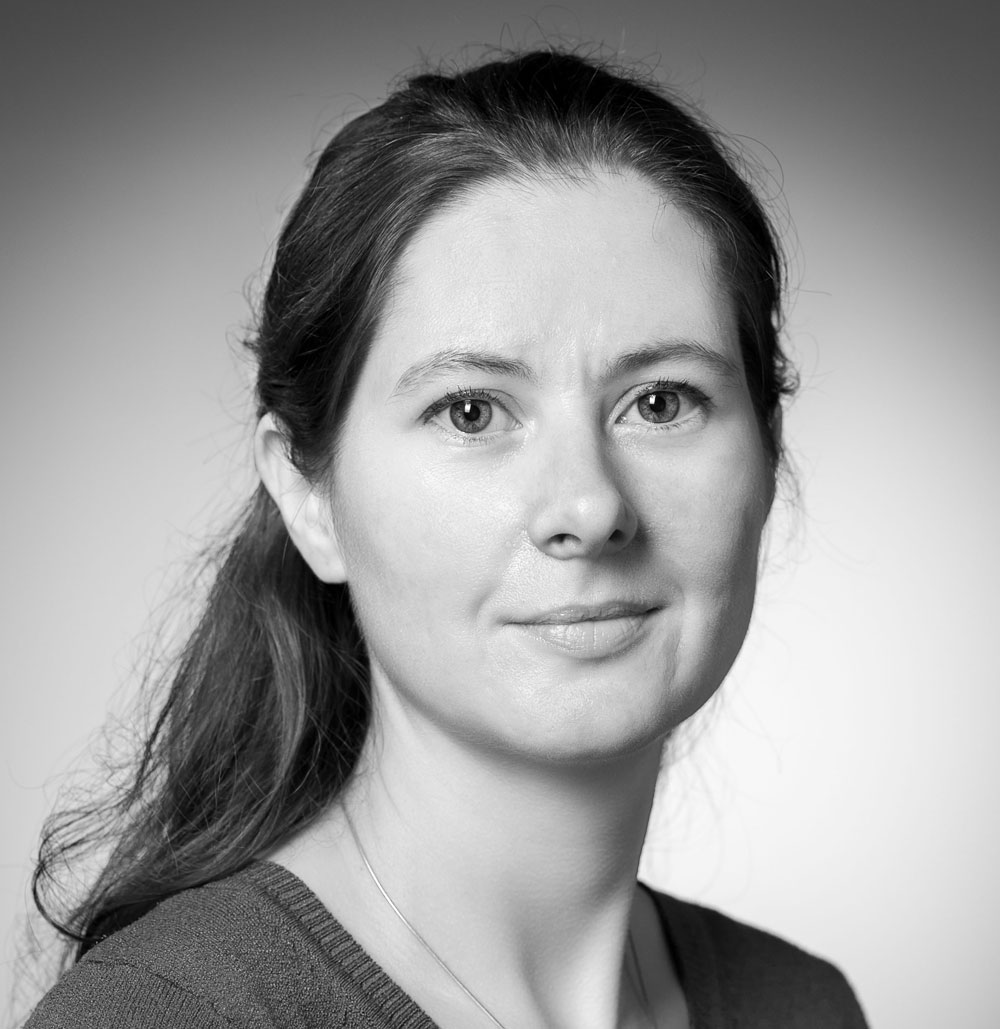Influenza and Adaptive Immunity

Group leader
We perform research related to modulation of adaptive immune responses. Influenza is the key disease model used, but we are also working with variable pathogens such as SARS-CoV-2. Our research includes investigations into both the immunological signatures of vaccine efficacy as well as development of the next generation vaccines against infectious diseases.
Current vaccines are still mostly based on the principle established by Edward Jenner in the late 18th century: A less pathogenic version of a virus is injected to protect against the threatening version. During the past few years, however, we have seen an increase in the use of subunit vaccines for the benefit of the population. This trend was accelerated during the SARS-CoV-2 pandemic. A subunit vaccine contains only a selected part of a pathogen, for example Spike against coronaviruses or Hemagglutinin against Influenza. This enables steering of immune responses to the part of the pathogen that is most relevant for protection, but also means that it is necessary to know more about which part will actually be relevant.
Vaccine efficacy is dependent on the vaccine’s ability to induce the type of immune responses that are most relevant for protection against a particular virus. However, formation of immune responses will be affected by age, sex, health status, genetic background, as well as previous exposures to other viruses and bacteria. A main objective for the group is therefore to study immunological mechanisms behind protective immunity in selected parts of the population, and use the generated knowledge for development of improved vaccine formats against variable pathogens.
